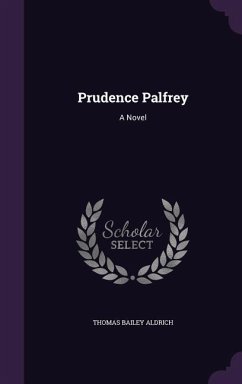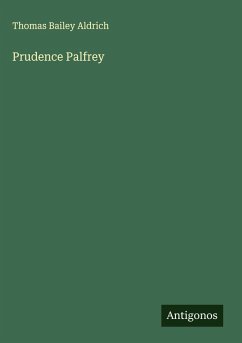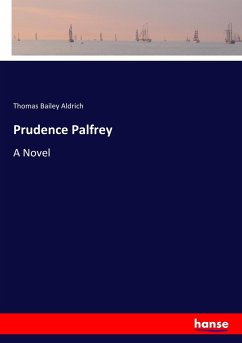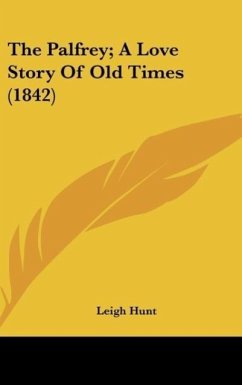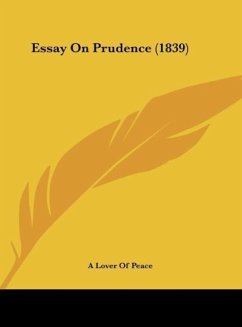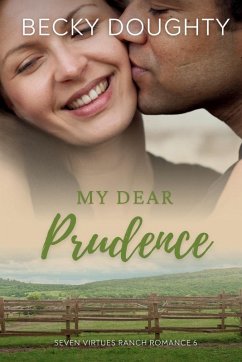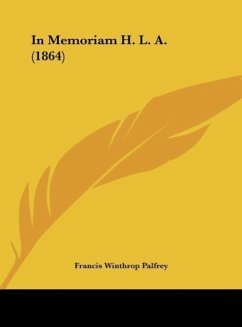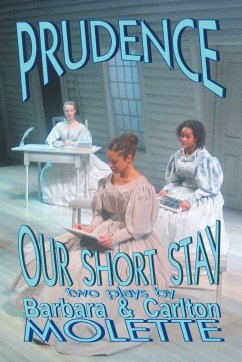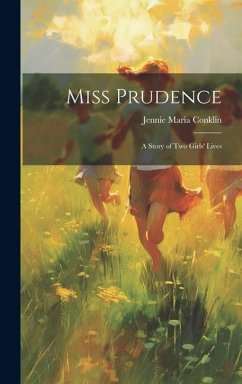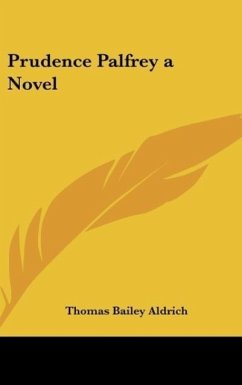
Prudence Palfrey a Novel
Versandkostenfrei!
Versandfertig in 1-2 Wochen
37,99 €
inkl. MwSt.

PAYBACK Punkte
19 °P sammeln!
1874. Early successes with contributed prose and verse to various journals encouraged Aldrich to pursue a literary career. For many years he wrote exclusively for the Atlantic Monthly prior to becoming its editor, but it is as a poet that he is best remembered. The book begins: Parson Wibird Hawkins was in trouble. The trouble was not of a pecuniary nature, for the good man had not only laid up treasures in heaven, but had kept a temporal eye on the fluctuations of real estate in Rivermouth, and was the owner of three or four of the nicest houses in Hollyhock Row. Nor was his trouble of a dome...
1874. Early successes with contributed prose and verse to various journals encouraged Aldrich to pursue a literary career. For many years he wrote exclusively for the Atlantic Monthly prior to becoming its editor, but it is as a poet that he is best remembered. The book begins: Parson Wibird Hawkins was in trouble. The trouble was not of a pecuniary nature, for the good man had not only laid up treasures in heaven, but had kept a temporal eye on the fluctuations of real estate in Rivermouth, and was the owner of three or four of the nicest houses in Hollyhock Row. Nor was his trouble of a domestic nature, whatever it once might have been, for Mrs. Wibird Hawkins was dead this quarter of a century. Nor was it of the kind that sometimes befalls too susceptible shepherds, for the parson had reached an age when the prettiest of his flock might have frisked about him without stirring a pulse. See other titles by this author available from Kessinger Publishing.



